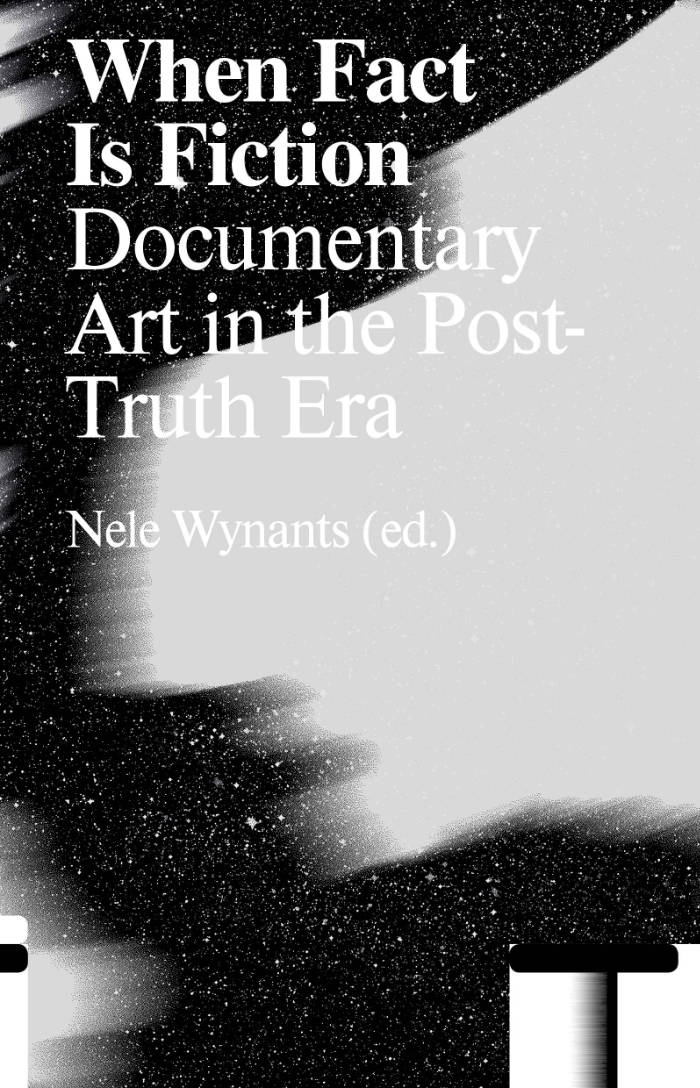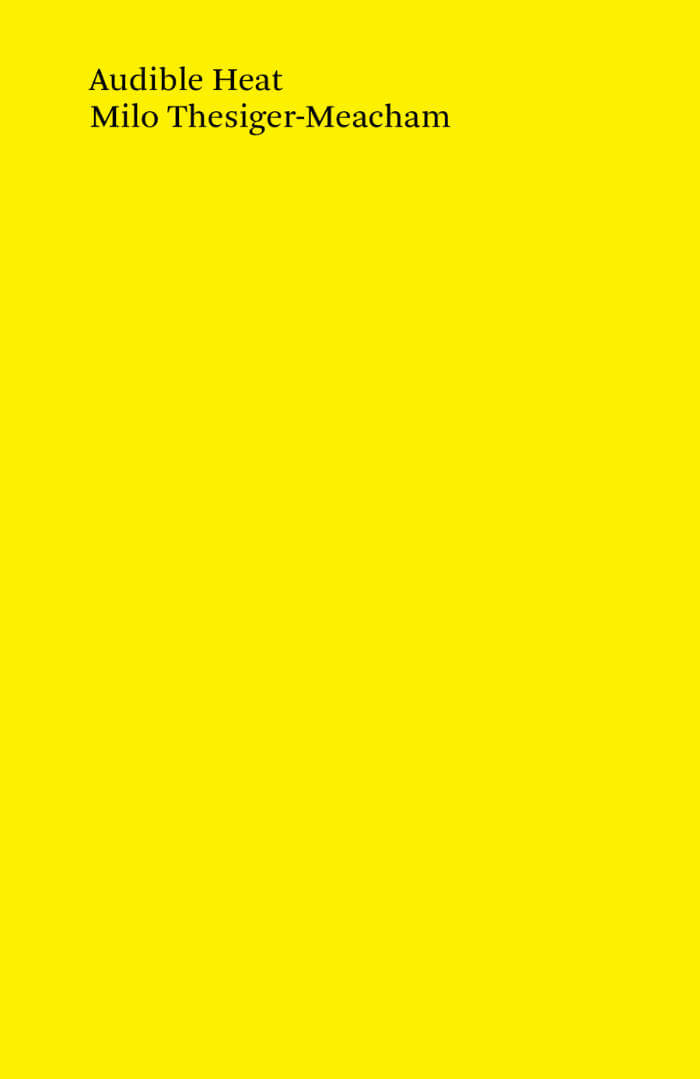This pamphlet takes as a model Jacques Lacan’s 1964 seminar in which he presented four fundamental concepts of psychoanalysis, the unconscious, repetition, the transference, and the drive.[i] In a similar manner, it reflects on some key concepts that underpin the author's clinical work as a psychoanalyst with trans-identified analysands. It argues for the re-discovery of four terms that expand Lacan’s central insights and apply to the question of trans today.
The first one is that of realness and it develops Lacan’s notion of the Real as not identical with reality; realness is often used by trans persons to describe the authenticity of their gender performance for it is a supreme truth beyond any verification.
The second concept is the concept of plasticity as developed by Catherine Malabou and applied to Schreber’s case discussed by Freud and Lacan. Plasticity leads to a conversation about beauty and its function in trans discourse.
The third concept is that of the nothing articulated with a certain type of laughter, a nothing introduced by Democritus and discussed by Barbara Cassin, Alain Badiou and Madlen Dolar. Lacan famously identified the “nothing” as one of the objects of psychoanalysis. I push the analysis to the point where one can understand a wish to “not being” (as found in suicide) as leading to the goal of “being again.” The meden was deployed by Barbara Cassin in her book Lacan the Sophist, and in discussion with Alain Badiou.
Finally, the last concept is that of the clinamen or turbulence in atomic philosophy (Lucretius) and in contemporary discourse; this turbulence throws new light on the role of accidents, and how accidents can turn into destiny (tuché). The classical concepts of the clinamen and turbulence have been explored systematically by Michel Serres. This turbulence echoes with Lacan’s notion of the sinthome as a symptom that does not need to be cured but leads to a re-creation of oneself that makes life livable.
The pamphlet offers a new twist to philosophical references the author discussed in Transgender Psychoanalysis (2017). Taken together, these four clusters of concepts provide a foundation for Gherovici's thinking about psychoanalysis. She rethinks Lacan's notions of the Real, the nothing, the endless transformations of the body that pertain to plasticity, the clinamen, the death drive - all of which are shown to be key to her understanding of the trans experience as revealed in her clinical practice.
[i] Jacques Lacan, The Seminar of Jacques Lacan, Book 11: The Four Fundamental Concepts of Psychoanalysis, New York: W. W. Norton, 1998.





